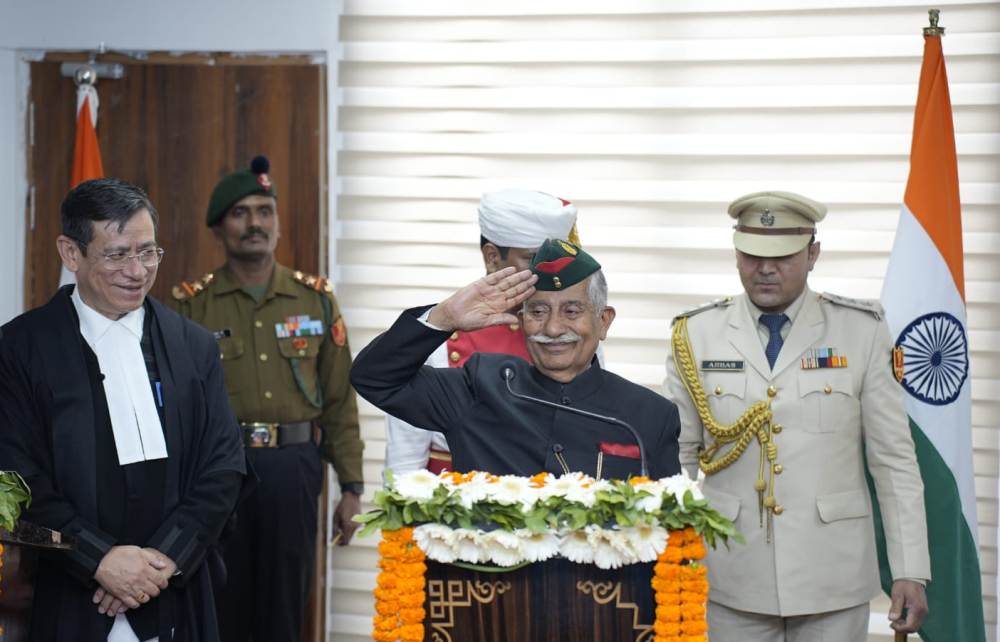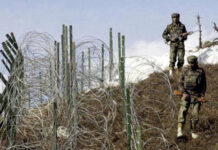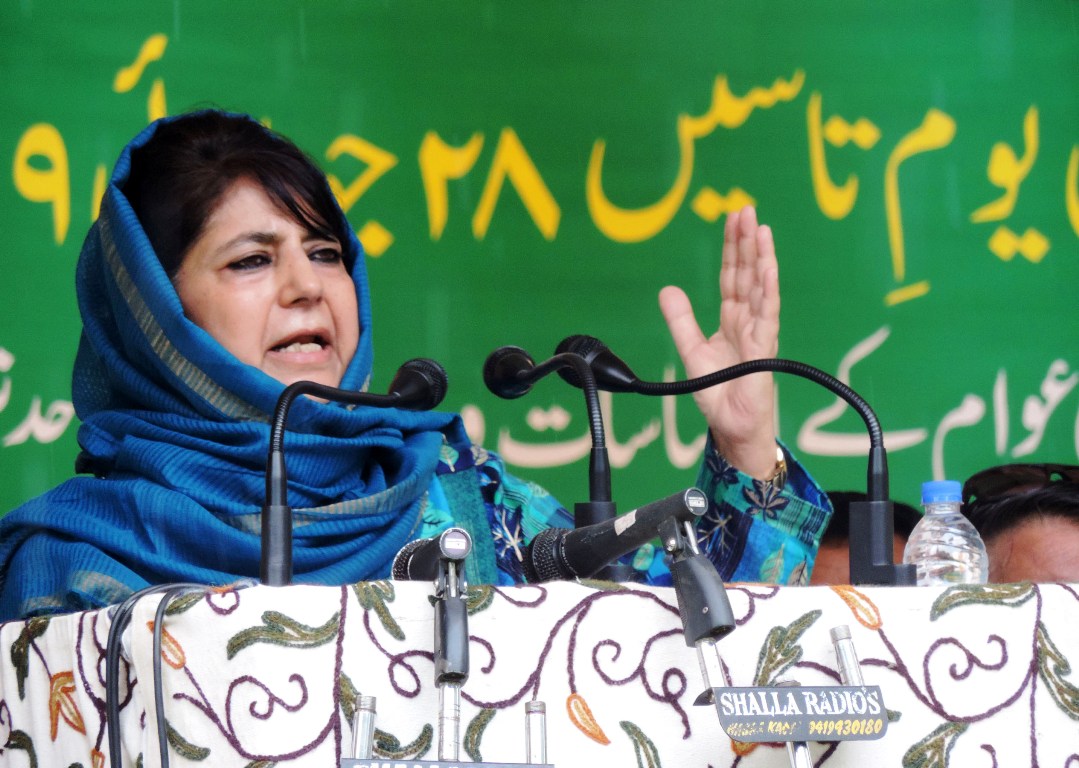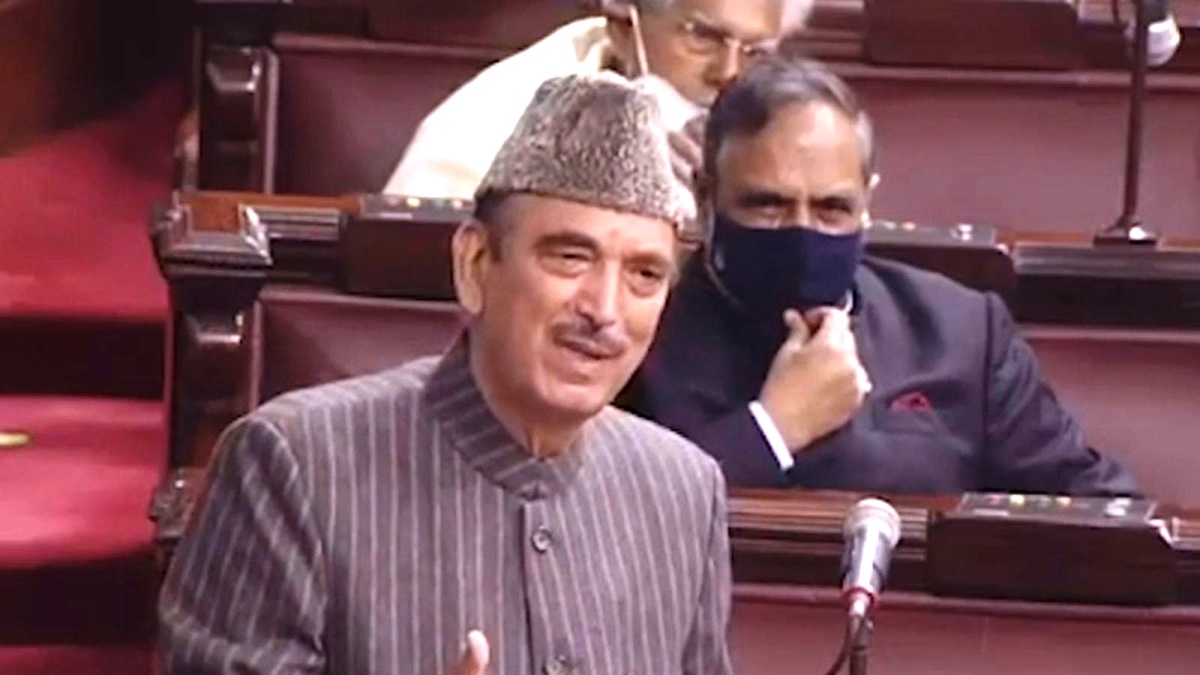SRINAGAR: Negotiations between Ladakh’s civil society leaders and the Centre hit a roadblock on March 4, after a six-member delegation from the Union Territory failed to secure assurances from Home Minister Amit Shah in Delhi. The talks, aimed at addressing key demands including statehood and inclusion in the Sixth Schedule, ended without a breakthrough.

Former BJP MP Thupstan Chhewang, spearheading the discussions, expressed disappointment after meeting Shah, stating that the Home Minister firmly rejected the possibility of granting statehood or guarantees within the Sixth Schedule. Senior Vice President of Ladakh Buddhist Association, Chering Dorjay Lakruk, highlighted Shah’s stance, indicating that the dialogue reached an impasse.
Despite the efforts of Ladakh’s representatives, the meeting yielded no positive outcome, prompting the Ladakh Apex Body and Kargil Democratic Alliance to announce plans for further consultations with the region’s populace to chart the next steps.
The backdrop of the discussions revolves around Ladakh’s demand for statehood and inclusion under the Sixth Schedule, seeking tribal status and greater autonomy. The failure to reach an agreement adds to the mounting tension in the region, compounded by previous shutdowns and protests over perceived disenfranchisement.
The Home Ministry, in a statement, reiterated the government’s commitment to providing constitutional safeguards, underscoring ongoing discussions within the High-Powered Committee on Ladakh. However, with no immediate resolution in sight, the uncertainty looms over Ladakh’s future trajectory.
Amidst these developments, Ladakh’s climate activist, Sonam Wangchuk, had previously threatened a hunger strike if talks failed, highlighting the growing frustration among locals over perceived neglect by the authorities.
The impasse comes at a critical juncture, as Ladakh braces for potential political ramifications ahead of the 2024 elections. While the BJP has touted the benefits of abrogating Article 370, conceding to Ladakh’s demands could pose electoral challenges for the party.
The standoff underscores the complex dynamics between the Centre and Ladakh’s leadership, reflecting broader tensions over governance and representation in the Union Territory. As Ladakh navigates its path forward, the outcome of these deliberations could have far-reaching implications for its future and relationship with the central government.















